The 28th Conference of the Parties to the United Nations Framework Convention on Climate Change (COP28) in the United Arab Emirates (UAE) has officially ended with a number of outstanding results. For the first time, the COP produced a text that suggested a gradual “transition” away from fossil fuels – the main cause of global warming. |
COP28 Background
The global climate system is nearing its red line. In the hottest year in recent history, ice is melting faster than ever. Sea levels are rising, droughts, floods, landslides, and forest fires are becoming more devastating. Many territories and communities are at risk of being flooded and submerged. Food security and energy security are threatened, and development achievements are at risk of being pushed back. In addition, the problem of population aging and resource depletion are resonant issues that increase difficulties and challenges for the world.
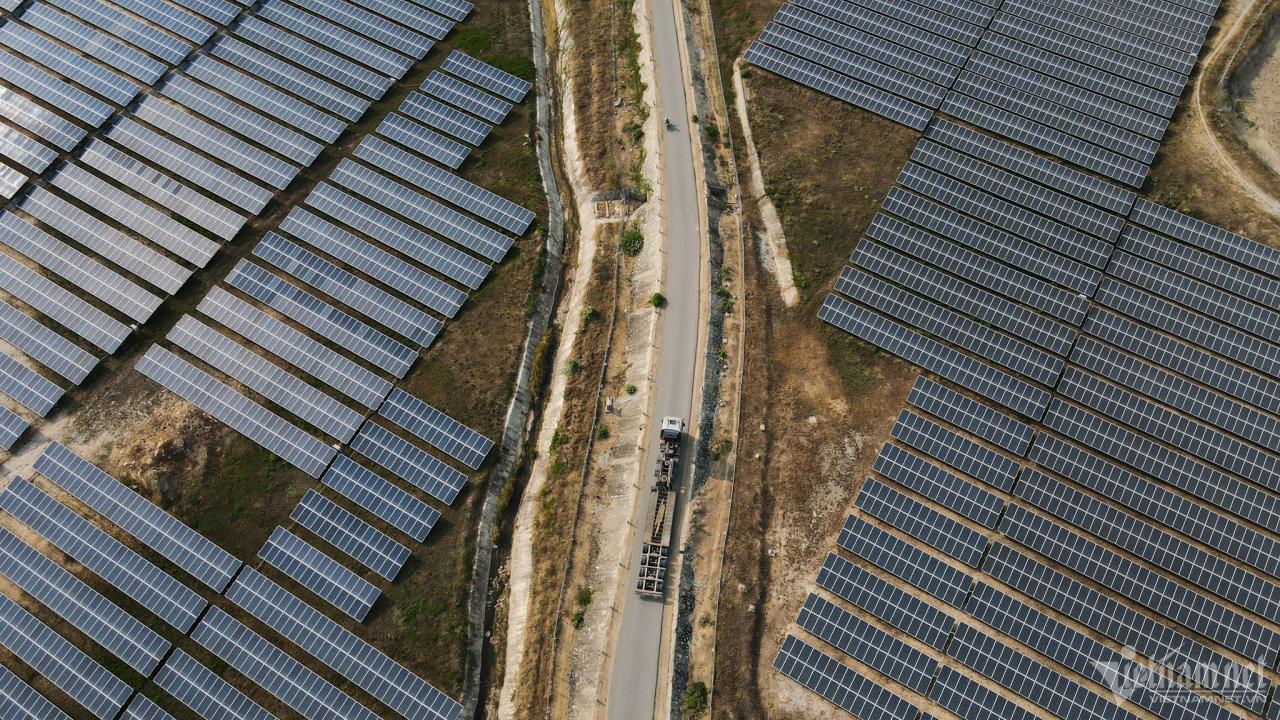
The impact of climate change and epidemics in recent years has further proven that this is an issue with global impact and influence, an issue of all people. We must have a new, proactive, positive, practical, effective awareness, thinking, methodology, approach and unified global action. Each country must be responsible for effective management and implementation, maximizing the internal strength of its own people as fundamental, strategic, long-term, and decisive; combining with the strength of international solidarity is important and promoting multilateralism; taking people and global common interests as the center and subject, not leaving any country or people behind. Diversify resource mobilization, combine public and private, combine domestic and foreign; bilateral and multilateral and other legitimate resources, especially private resources.
COP28 is considered the "last" chance for countries around the world to achieve the goal of limiting global temperature increase to below 1.5 degrees Celsius compared to pre-industrial times. Some people consider this goal a "battle for survival". Because in the past week, agreeing on solutions to achieve the goal of keeping the Earth's temperature from increasing by 1.5 degrees Celsius has been difficult. Obtaining financial commitments to achieve this goal is also a difficult problem.
Attending COP28 is the responsibility and obligation of each party participating in the United Nations Framework Convention on Climate Change, the Kyoto Protocol, and the Paris Agreement. Vietnam has actively participated in building decisions and activities of the COP28 Conference, ensuring the principles of fairness and justice in responding to climate change and the interests of developing countries on the basis of harmony with the interests of other countries, especially those with close relations with Vietnam.
Through COP28, Vietnam shared with the international community the challenges and negative impacts of climate change on Vietnam, and Vietnam's proactive and positive role in responding to climate change.
It can be affirmed that Vietnam has done a lot of work and has seriously implemented the commitments made at COP26 and COP27. This is an important premise for Vietnam to raise a strong voice on issues related to implementing commitments and energy transition - which are important contents at COP28 this year.
Key points of discussion at COP28
Following the results of COP27 in 2022, COP28 discussed the development of a declaration on phasing out fossil fuels and promoting energy transition as a key measure to reduce emissions to achieve the target of 1.5oC by the end of the century. Regarding climate change adaptation, the Conference continued to complete the global adaptation target framework and continued to discuss solutions to address loss and damage, operating mechanisms and resource contributions to the Loss and Damage Fund established at COP27.
Regarding climate finance, the Conference continued to review progress towards the target of mobilizing 100 billion USD per year that should have been achieved by 2020; discussed the target of resource mobilization until 2025 and the long term. In addition, the Parties will continue to finalize detailed regulations and guidelines for countries to implement carbon credit trading and offset mechanisms under the Paris Agreement.
COP28, for the first time, the Parties comprehensively assessed the progress of implementing the Paris Agreement worldwide . COP28 also discussed the results of the synthesis of efforts to adapt to climate change, reduce GHG emissions, financial and technological contributions and capacity building to respond to climate change submitted by countries through national reports and Nationally Determined Contributions (NDCs) to see the progress and gaps in implementing global goals on responding to climate change.
The most successful was the COP28 conference which reached a historic agreement to transition the global economy away from fossil fuels, creating a new premise for the fight against climate change. Described as a science-based plan, the climate agreement just reached at COP28 does not use the term "phase out" of fossil fuels, but instead calls for "a just, orderly and equitable transition away from fossil fuels in energy systems, accelerating action in this crucial decade".
The agreement also outlines a transition towards a target of net zero global greenhouse gas emissions by 2050, including a 43% reduction in emissions by 2030 compared to 2019 levels. The document also calls for tripling global renewable energy capacity by 2030, accelerating efforts to reduce coal use, and accelerating technologies such as carbon capture and storage that can clean up hard-to-decarbonize industries.
The conference's landmark deal on phasing out fossil fuels is expected to send a powerful message to investors and policymakers that the world is now united in ending fossil fuel use - something scientists say is the last best chance to avert climate catastrophe.
In addition to the historic agreement on reducing fossil fuel use, COP28 also recorded a number of other outstanding results, especially on climate finance such as: COP28 mobilized approximately more than 80 billion USD in climate finance commitments for various climate change agendas.
The Green Climate Fund, which focuses on supporting developing countries in climate action, has received a second replenishment of $3.5 billion, with a $3 billion commitment from the United States. In addition to supporting climate change adaptation, the fund will also finance projects that help countries transition to clean energy. These projects will be implemented between 2024 and 2027.
In addition, more than 120 countries signed the Climate and Health Declaration: COP28 was the first year of the Health Ministerial Conference and created a link between the environment-climate change-health sectors. In addition, 63 countries committed to the Global Cooling Declaration, also known as Energy Saving.
In addition, more than 130 countries adopted the Declaration, emphasizing the priority of developing sustainable and climate-resilient food, agriculture and food systems. The Declaration affirmed that countries will accelerate the transformation of food systems, linking this effort to national plans to reduce emissions.
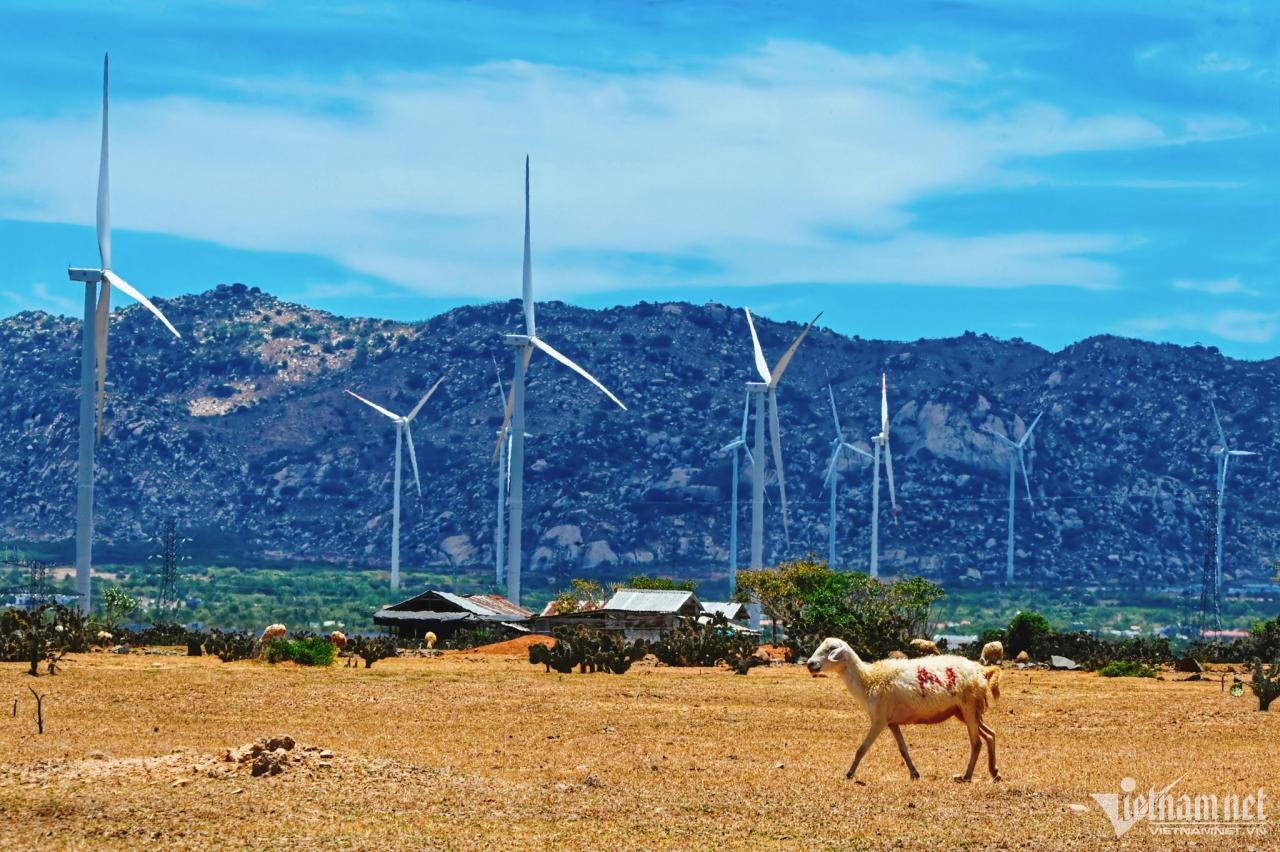
Disagreements to be overcome
The fossil energy problem
At the heart of the deal is a call to “phase out fossil fuels in energy systems, in a fair, orderly and equitable manner… with a view to achieving net zero emissions by 2050, in line with the science.” The pledge remains vague, but it is the first time the international community has expressed a common desire to exit the oil era. This has sent a strong signal to financial markets.
Obviously, such a promise would not reduce oil consumption or lower prices in the short term. But if it resulted in progressive changes in government policy and a reorientation of investments, it would lead to a major shift in the global energy system.
On the implementation process
The deal is a compromise. To get the green light from oil-producing countries, it needs to make concessions to them, as they will oppose any mention of a gradual transition away from fossil fuels. So the text acknowledges the existence of technologies that can reduce the impact of oil, natural gas and coal on the climate – primarily CO2 capture technology that countries install to prevent greenhouse gases from entering the atmosphere when burning fossil fuels. Among the measures that countries are encouraged to take to combat climate change are: “Accelerate (development of) zero- and low-emission technologies, including renewables, nuclear power, and mitigation and removal technologies such as carbon capture, utilization and storage.”
Carbon capture technology has been around for a long time, but in some areas it is still very expensive to install. The technology itself has not been proven as a suitable solution to the global climate emergency. However, oil-producing countries continue to use the “potential improvements in the industry” hypothesis as the main argument to defend their decision to continue consuming oil and gas. At the negotiating table, OPEC leader Saudi Arabia has emphasized that countries have a “menu” of possible actions to go their own way, according to a source familiar with the matter.
Budget for implementation
Even the delegations most pleased with the deal acknowledged the problem. In particular, no additional funding was provided to help developing countries cope with the huge costs of phasing out fossil fuels. The deal did not provide for the funding needed to help poor and vulnerable countries adapt to the consequences of climate change.
“Adaptation is really a matter of survival,” said Saber Hossain Chowdhury, Bangladesh’s special climate envoy. “We cannot compromise on adaptation. We cannot compromise on lives and livelihoods.” But those questions will have to wait. They may come up at COP29 next year in Baku, Azerbaijan, another oil-producing country. But the Dubai talks have already made a breakthrough, with the announcement of a “Loss and Damage” fund to help poor countries cope with natural disasters caused by climate change.
Feasibility of the 1.5° target
Overall, the European Union, the United States and many other countries expressed satisfaction with the outcome. They said the agreement reached in Dubai would help maintain the chance of limiting global temperature rise to no more than 1.5°C above pre-industrial levels. However, achieving this will be difficult: It requires cutting CO2 emissions by nearly half in just six years and reaching net zero emissions by 2050. The draft calls for countries to do so, but the Alliance of Small Island States (AOSIS), which includes countries at risk of being submerged by rising sea levels, said it was too late. Anne Rasmussen of Samoa, AOSIS's representative in Dubai, said at the end of the COP that the agreement failed to include the "necessary adjustments" to that ambition.
In his closing remarks, COP28 President Sultan Al Jaber stressed: “We have all come together to face reality and put the world on the right track. We have put forward a strong action plan to keep the 1.5°C target within reach. It is a comprehensive plan that tackles emissions, closes the adaptation gap, reshapes global finance and addresses loss and damage.”
Part 2: Commitment to reduce greenhouse gas emissions: Vietnam's actions
Dr. Nguyen Dinh Dap
Vietnam Academy of Social Sciences
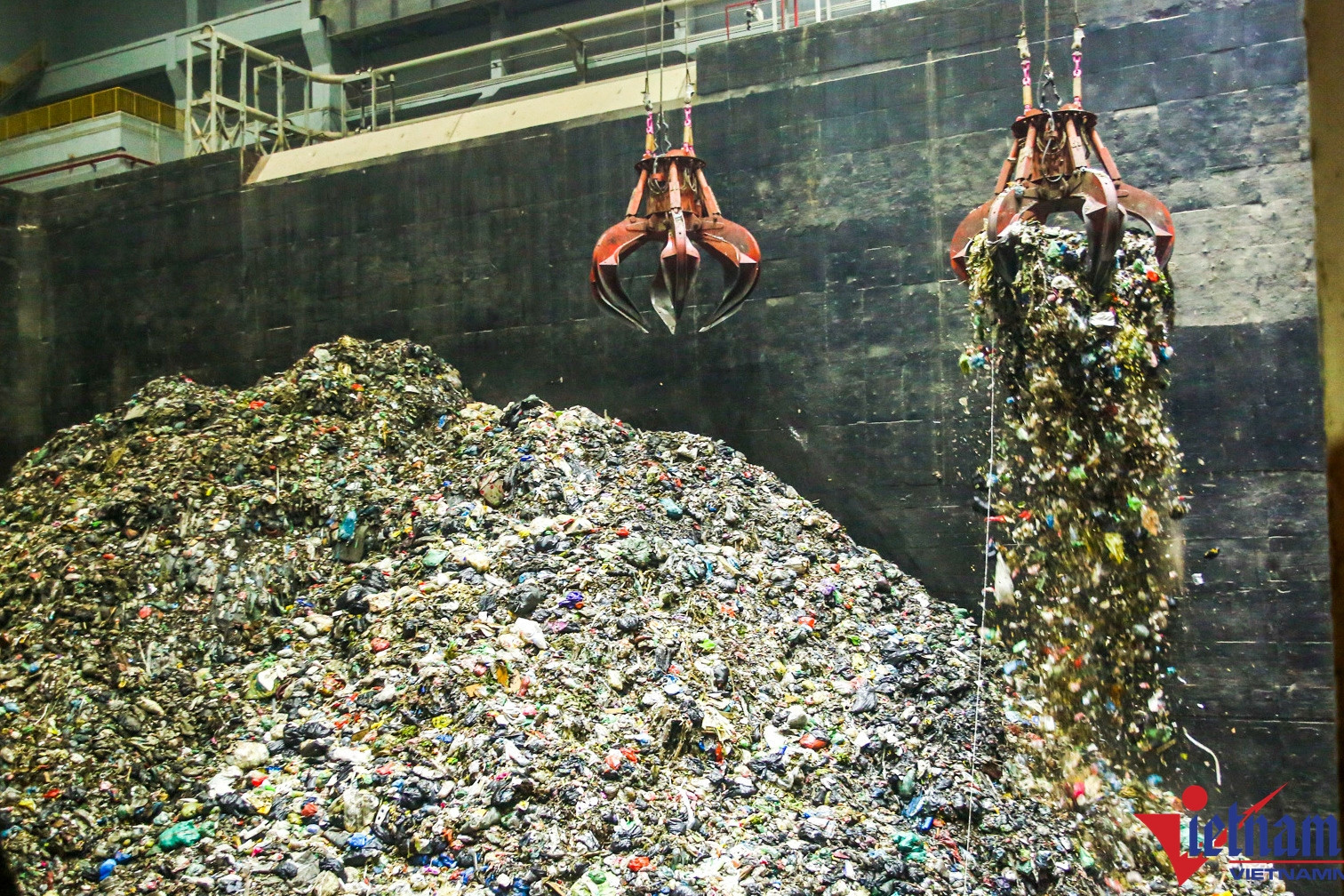
Source



![[Photo] Cat Ba - Green island paradise](/_next/image?url=https%3A%2F%2Fvphoto.vietnam.vn%2Fthumb%2F1200x675%2Fvietnam%2Fresource%2FIMAGE%2F2025%2F12%2F04%2F1764821844074_ndo_br_1-dcbthienduongxanh638-jpg.webp&w=3840&q=75)






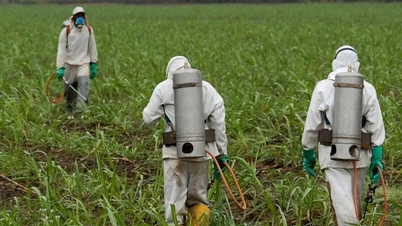

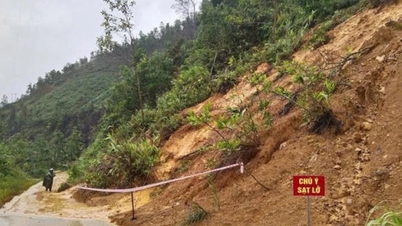






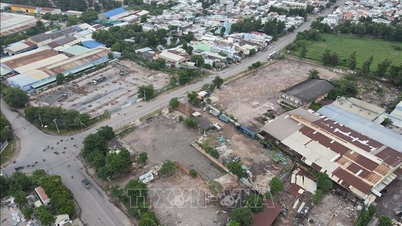
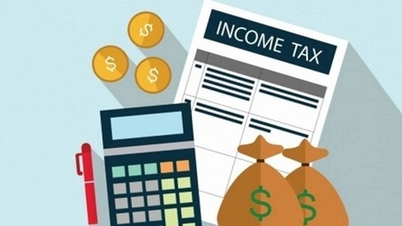

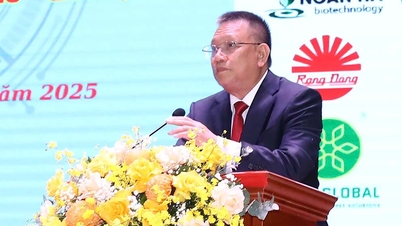


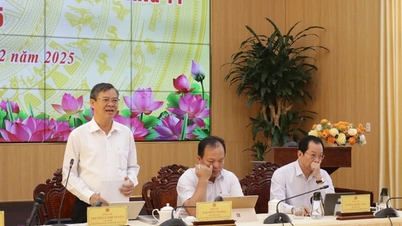















































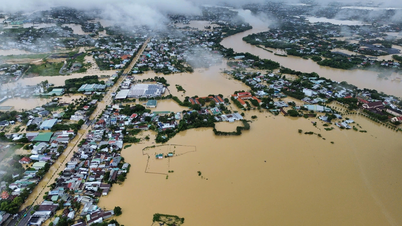








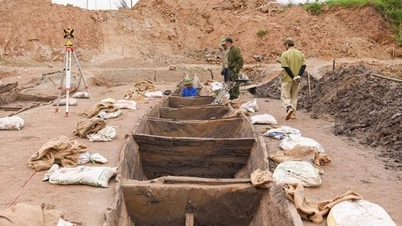



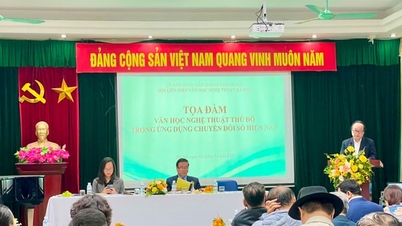







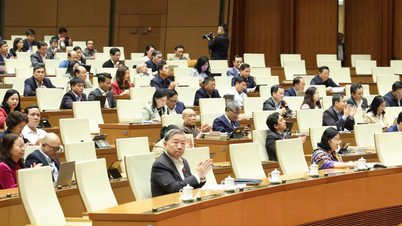

















Comment (0)